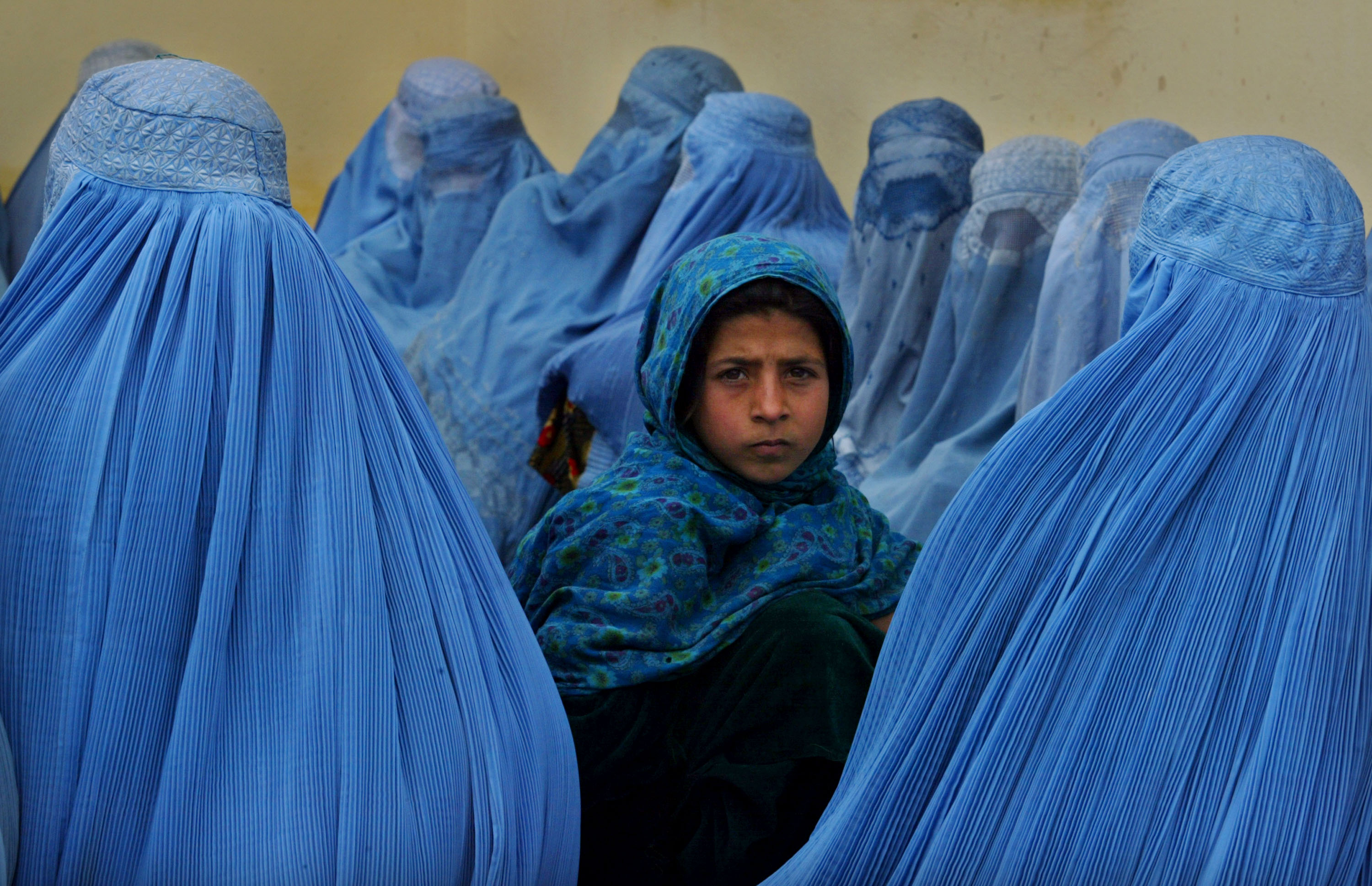Significance and Impact of Pressure on Big Tech in US and China
The meaning of big tech is different in the U.S. and China. In the U.S., it refers to GAFAM: Google, Amazon, Facebook, Apple and Microsoft. These five companies dominate the digital world, and their market value exceeds hundreds of billions of U.S. dollars. Apple alone accounts for more than $2 trillion — only seven countries in the world have gross domestic products that exceed that amount.
Big tech in China refers to BAT: Baidu, Alibaba and Tencent. Rising companies in recent years, Toutiao (which, along with TikTok, belongs to ByteDance), Meituan and DiDi Chuxing, will be added to the list as TMD.
In recent years, these 11 big tech companies have faced steadily increasing societal and governmental pressure in all countries. Some of this pressure comes from the fact that these companies have extremely high market shares and power. Another pressure is because the products and services offered by big tech have already thoroughly permeated the economic, societal and individual layers of these countries. They have become daily necessities for billions of people, and have incomparable amounts of influence. Because he was blocked from Facebook and Twitter, former U.S. President Donald Trump sued both companies for censorship, which just shows the extent of their influence.
Early on, GAFAM companies received scrutiny from those concerned with antitrust law in America and Europe. The five GAFAM companies are not only leaders in technology, but their businesses are strongly characteristic of platform and cyber economies. Once their market shares exceed a certain threshold, they are highly attractive to potential users, and the addition of new users will increase the engagement of existing users. Add to this insider technology information and mergers and acquisitions everywhere, and the structure of these increasingly huge and ever-powerful companies is hard to shake.
Market positioning is not the problem; the crucial point lies in whether there has been abuse. In the past, Microsoft and Google have violated antitrust laws, resulting in sky-high fines. Last month, a group of Democrats in the House of Representatives proposed strengthening the oversight of big tech companies, including the aspects of fairness and nondiscrimination on internet platforms, improved convenience for users to switch platforms, data portability and stronger monitoring of mergers and acquisitions. However, these proposals, which are intended to promote competition by passing laws, are controversial. In the telecommunications market, only after 20 years of hard work did it become the global norm to promote competition by implementing asymmetrical regulation with heavier obligations for huge businesses. Thus, the pressure on GAFAM companies might continue to increase.
In China, the problem is more complex. While the scale of BAT companies is smaller than that of GAFAM, their market power is perhaps even bigger. This is because over the past 10 years, BAT companies have been flush with cash. In addition, the government deliberately supported them with investments and purchases until the conglomerates grew so large that they each have become ecosystems that vie with one another. In fact, apart from ByteDance, of the three TMD companies, Meituan’s biggest shareholder is Tencent. Ride-hailing app DiDi Chuxing’s top two shareholders are Tencent and Alibaba, which also belong to the BAT ecosystem.
While the authorities in mainland China have strengthened the supervision of three big tech companies, it cannot be said that they have not considered competition policies. In China’s market, where Xi Jinping insists on waging an internet battle, BAT expanded without restraint, becoming an intricate online ecosystem. The reason for this is related to China’s desire not to have many competing voices on the oversight of network management structure. It also has to do with China’s intentional support of digitized countries that can compete with the U.S. and be big players on the international stage. National policy can benefit a company, or not. Each company has experienced where the red line is drawn. That was probably the intended message they received after Ant Group’s initial public offering was recently blocked, DiDi Chuxing was pulled from stores and Tencent was forced to give up its music licensing rights.
For investors, these regulatory uncertainties have an impact, which is relatively easier to predict in Europe and America. The timing, reasoning for and force of China’s oversight, and even national security reviews, are harder to predict and require sensitivity to current politics.
Another impact worth paying attention to is the overall risk as the U.S. and China move toward capital market decoupling. Since the era of Donald Trump, the U.S. has carried out reviews of Chinese investments and strengthened listing regulations, both of which continue to discourage Chinese investment. Moreover, companies that have recently begun trading on the U.S. market, from Didi Chuxing to Yunmanman Full Truck Logistics Information Co., have undergone national security reviews in China that have been interpreted as a newly drawn red line. The decoupling of U.S. and China capital markets is occurring faster than expected; how this will affect the rest of the world, and Taiwan, remains to be seen and requires close attention.


